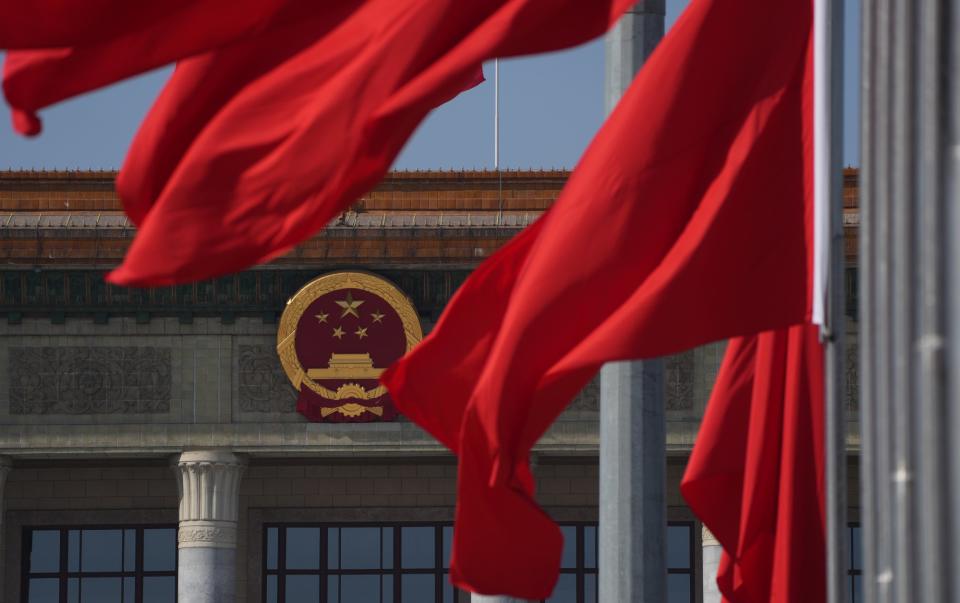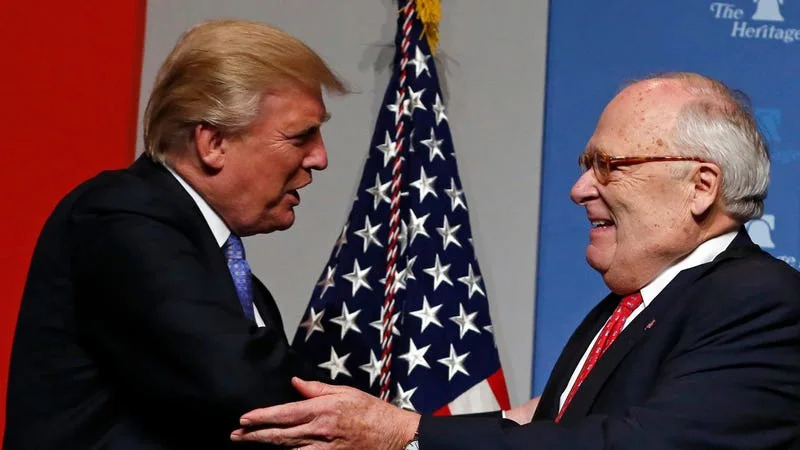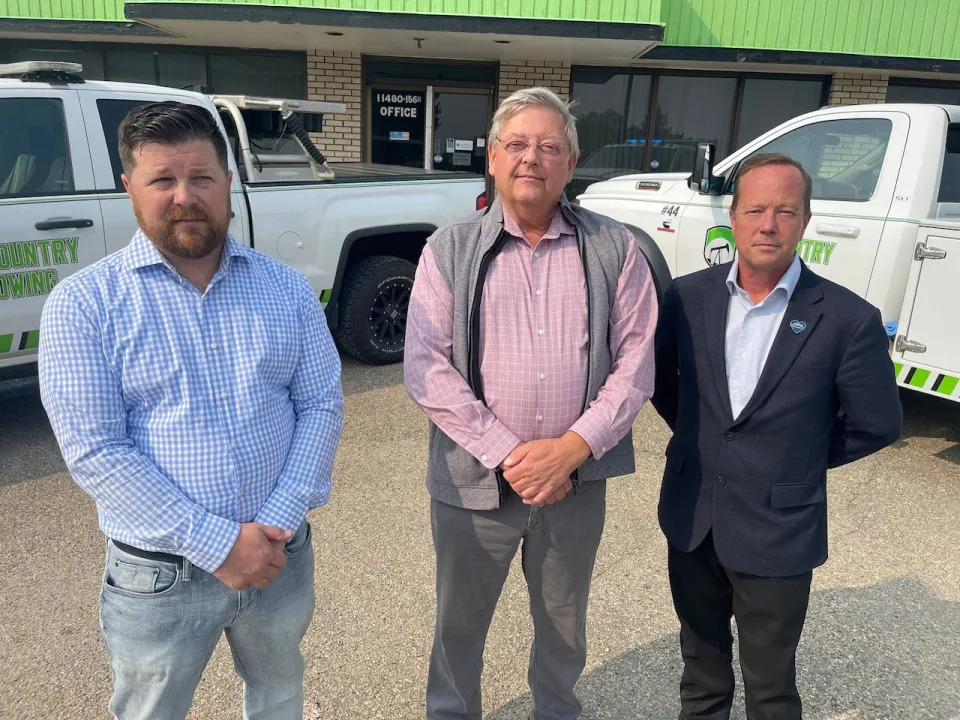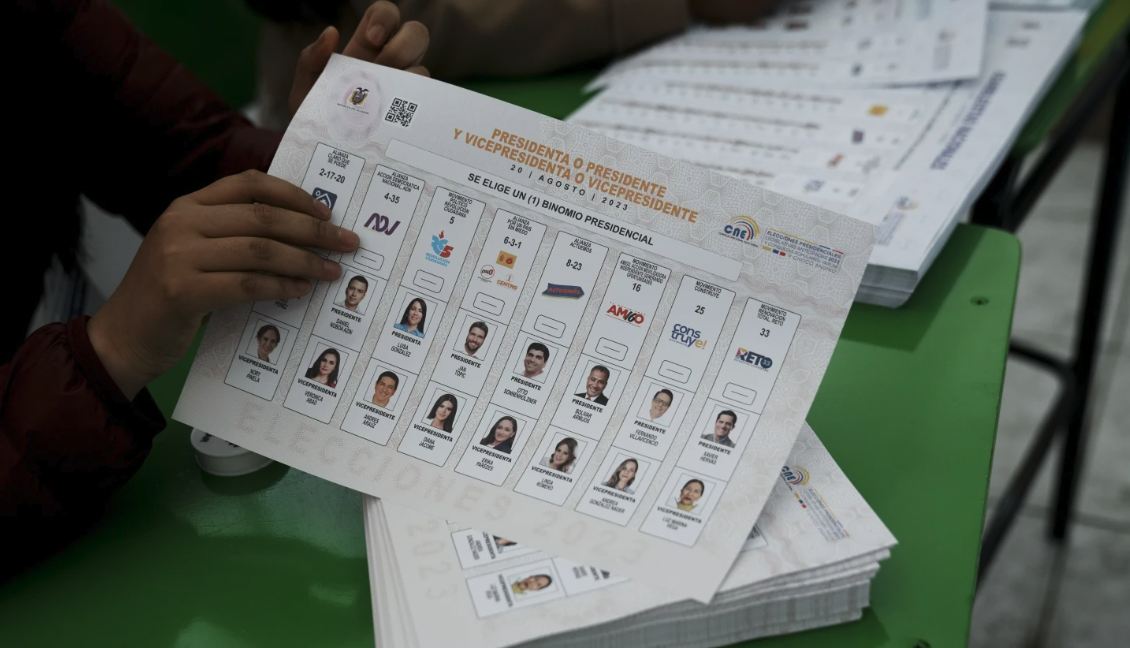Sat, September 2, 2023

Kevin Neri/kneri@sacbee.com
California state scientists could potentially walk off the job for the first time in their union’s four-decade history.
The California Association of Professional Scientists on Friday announced members voted to authorize a strike after a three-year contract fight. The union represents about 5,300 managerial-level scientists in state government who monitor food safety, prevent air and water pollution and manage natural resources, among other public duties.
CAPS leaders announced the strike authorization vote on Tuesday, and members were able to cast ballots until 8 a.m. on Friday. About 93.5% of members voted in favor of calling a strike, according to a news release.
“I’m extremely proud of the members who stood together and voted,” said Jacqueline Tkac, CAPS bargaining committee chair, in a statement. “State scientists are united and are willing to fight for what they deserve, if necessary. This vote is a clear message to our bargaining partners in the Newsom administration that their last, late-hour offer was sadly inadequate.”
The union has been fighting for pay raises of 30% to 40% to fix wage disparities between scientists and their engineering counterparts. Members say engineers receive significantly more money for similar work.
The strike authorization does not mean CAPS members will walk off the job. However, it will allow leaders to call for a strike if the union cannot reach a contract agreement with the state and declares an impasse.
The strike authorization announcement describes negotiations as having reached a “critical juncture” ahead of the final two weeks of the legislative calendar. The Senate and Assembly conclude their business on Sept. 14.
“We continue to bargain, of course,” Tkac said in her statement. “But time is short to reach an agreement and state scientists are tired of the state’s foot-dragging and lowball offers. The bargaining team remains steadfastly committed to our efforts to ensure the state of California becomes a just and equitable employer for state scientists.”












